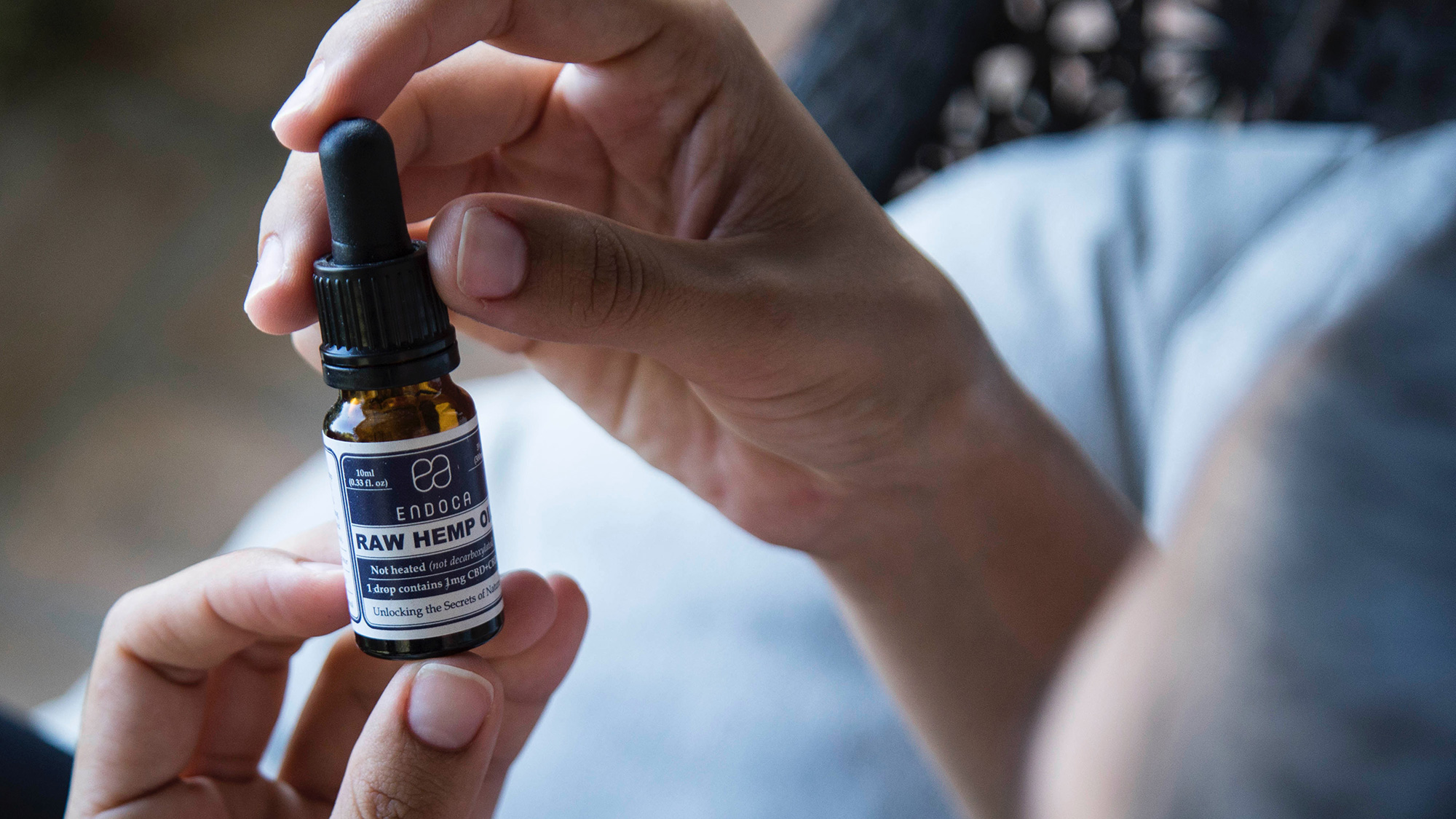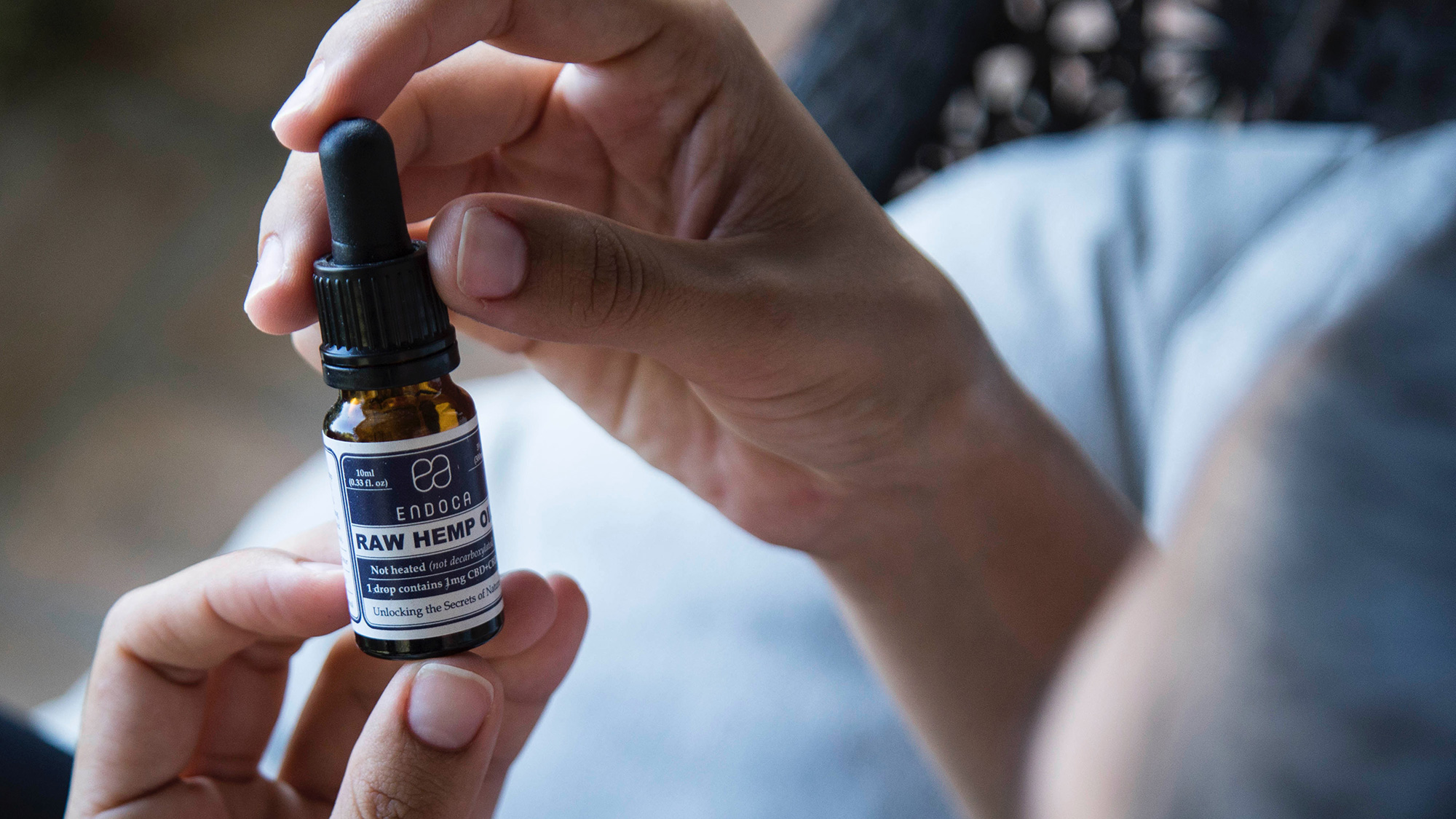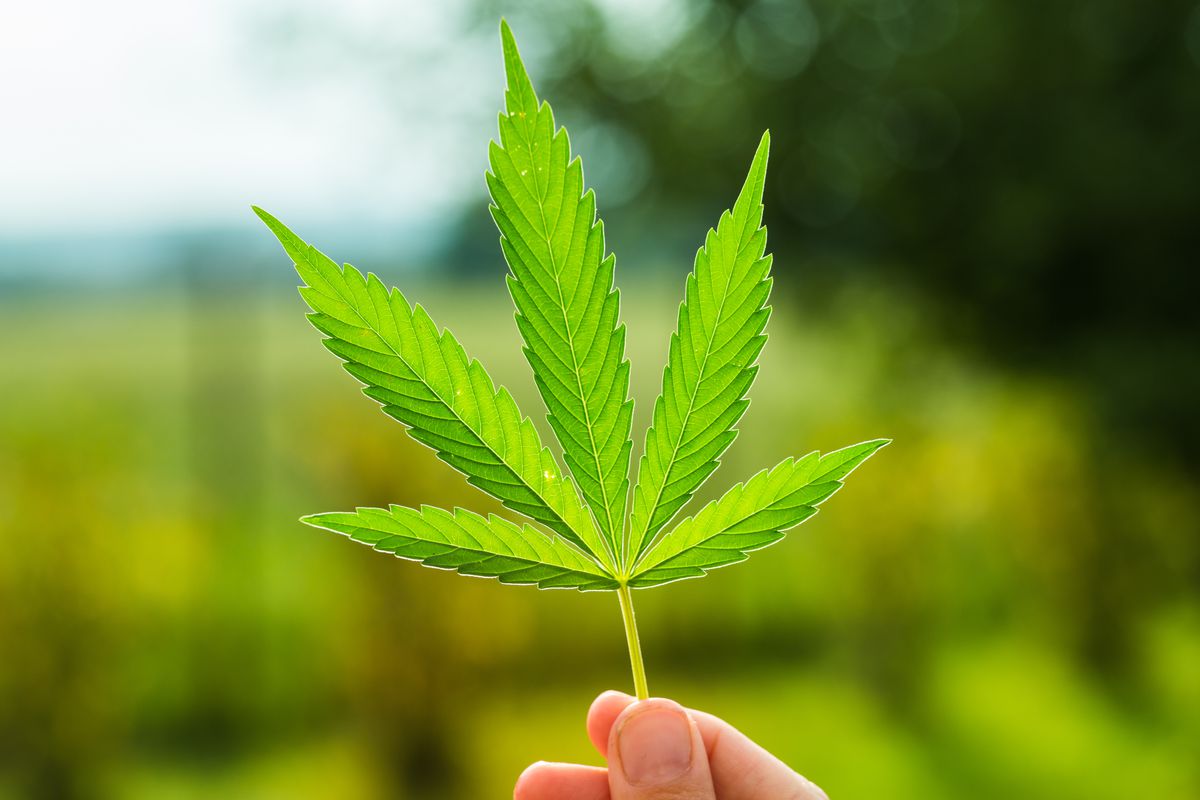
By now you’ve probably heard a lot about cannabidiol (CBD). Maybe you’ve tried a CBD-infused topical for arthritis, or had your health-conscious adult-son or daughter recommend CBD as a new dietary supplement.
You may have heard it’s a non-intoxicating cannabis derivative with several therapeutic properties, well suited to help treat several ailments that frequently plague the older adult population.
CBD has become a major product trend in recent years. It can be difficult to know whether you’re buying a CBD product with real medicinal value or a cheap knock-off that might not even contain CBD despite its label. For seniors considering buying CBD products, here’s a quick primer on the cannabinoid, as well as some pointers on how to shop for it.
What Is CBD?
Cannabidiol is the second-most-abundant cannabinoid in the cannabis plant. Cannabinoids are chemical compounds found in cannabis and produced by the human body. Cannabinoids derived from cannabis, or phytocannabinoids, interact with internal cannabinoid receptors located within the body’s endocannabinoid system (ECS). CBD’s potential therapeutic effects occur when CBD molecules bind to these receptors.
Will CBD Get Me High?
The short answer is no, CBD alone will not produce the type of high typically associated with cannabis. While CBD does have mild psychoactive effects, but they are typically calming, and almost never intoxicating, which is partly why CBD has been used to help treat anxiety and chronic pain.
Is it Legal to buy CBD?
Though still federally classified as a Schedule I drug, you can legally purchase marijuana-derived CBD in states that allow adult-use cannabis. In most other states, you can legally purchase hemp-derived CBD.
Should I Take CBD With THC?
THC is the cannabinoid most responsible for the intoxicating high. It’s the most well-known cannabinoid in the cannabis plant, capable of producing a variety of sensory and psychological effects, some of which provide therapeutic benefits. When CBD and THC are taken together, CBD has the potential to curb negative side effects of THC, such as anxiety and paranoia. While some cannabis patients respond well to products that isolate either CBD or THC, others respond more positively to a combination of the two cannabinoids. If you live in a state where medical or adult-use cannabis is legal and aren’t averse to consuming THC-inclusive cannabis products, a combination of CBD and THC may have greater medicinal value for you, depending on the ailment or condition for which you’re taking CBD.
If you’re interested in trying a combination of CBD and THC, begin with products that have a clear high-CBD/low-THC ratio, maybe even as low as 20:1. Consult with your physician to make sure you aren’t taking any unnecessary health risks when taking THC. For cannabis newcomers, it’s generally best practice to start with low doses of THC. CBD generally doesn’t pose any real threat of adverse effects, even in high doses. According to a study published in Current Drug Safety in 2011, you would have to take about 20 grams of CBD in a short time period for it to be toxic.
Where Can I Buy CBD?
In today’s market, a more appropriate question would be, “Where can’t I buy CBD?” The internet is practically flooded with online shops selling CBD oils and tinctures, and cannabis products high in CBD have become a staple among most cannabis dispensaries and retailers. Even pharmacy giants CVS, Walgreens, and Rite Aid are jumping on the CBD wave with new lines of wellness products.
But before you rush to order some CBD products online, or even buy some from a store, remember that CBD is still a “buyer beware” market. With little to no regulation in place for CBD products, it can be all too easy to end up with a CBD-labeled oil or tincture with no actual CBD content, or overspend on a product containing very little CBD. That’s why consumers should look out for products with a certificate of analysis, preferably conducted by a third-party testing lab, which should include the actual amount of CBD and other ingredients in the product. Searching verified products on Weedmaps will also help you narrow down reputable sources for CBD and tell you their nearest availability.
How Should I Take CBD?
When shopping for CBD products and choosing which form you’re going to take it in, keep in mind that different cannabis products produce different kinds of effects, and even the same product can produce a very different effect from person to person. In other words, what works for you might not work for someone else, and vice versa, so finding the best CBD product for your needs may be a matter of trial and error. To help you narrow your search down and give you a decent idea of where to start, here are the main types of CBD products on the market, as well as their most common effects and medical uses.
(Demi Pradolin/Unsplash)
Flower
As a result of growing interest in CBD since the late 2000s, CBD-rich cannabis strains — including AC/DC, Cannatonic, Harlequin, Sour Tsunami, and Ringo’s Gift — have become more readily available in recent years. Smoking or vaporizing CBD-rich flower typically produces effects immediately and could be helpful in dealing with immediate bouts of pain or inflammation.
Concentrates
Most commonly in the form of hemp oil, vape pens, tinctures, and sublingual sprays; concentrates can be a more discreet way to take CBD. They range in purity, and sometimes include other medicinal cannabinoids and terpenes in controlled ratios. Much like combusting or vaporizing cannabis flower, vaping concentrates may offer more immediate results for treating pain, inflammation, and anxiety. You can also dose more precisely with concentrates, which will allow you greater control over your experience.
Isolate
CBD isolate is an extract of pure CBD, typically in crystalline form. Though CBD isolate may prove therapeutic for some users, whole-plant cannabis or cannabis extracts tend to have greater medicinal value because they contain a spectrum of cannabinoids and terpenes, which all contribute to the product’s overall effect.
Edibles
Edibles are food items infused with cannabis flower or concentrates. When you eat cannabis edibles, you absorb cannabinoids through the digestive system, which causes a delay in effect ranging anywhere from 45 minutes to five hours. Edibles high in CBD (and either low or free of THC) may also feel more potent when treating inflammation or anxiety.
Topicals
CBD-infused topicals such as lotions, balms, bath salts, and transdermal patches are applied directly to the skin or symptom area. They can be very effective in treating surface-level ailments such as bruises, headaches, arthritic symptoms, and skin issues.















